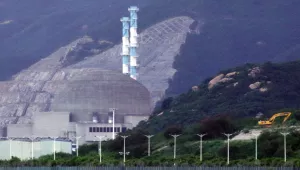Abstract
Since 1978, when China launched its "opening up" reform, a range of large-scale national science and technology programs have been implemented to spur economic development. Energy has received significant attention and has become a growing priority in the past years. In this paper we have analyzed the goals, management, and impact over time of China's three largest national programs: Gong Guan, 863, and 973 Programs. Using quantitative metrics to describe the input and output, by conducting semi-structured interviews with officials, scientists, and other decision makers, and by reviewing available documents as well as a case study on the coal sector we examined the changes in the decision making process, particularly in regard to the role of scientists. We found that the changes in strategic priorities set by China's high level political leaders were implemented and then transformed into outputs by using scientists as inputs or policy tools. The decreased role of scientists has been driven by two forces: (1) periodic changes in national strategy emphasizing technology commercialization; and (2) changes in the management structure involving low tolerance of risk. We suggest four ways that the government's efforts to turn China into an innovation oriented country.
Read the full text here (log in may be required): http://www.sciencedirect.com/science/article/pii/S0301421513005296
Zhi, Qiang, Jun Su, Peng Ru and Laura Diaz Anadon. “The Evolution of China's National Energy RD&D Programs: The Role of Scientists in Science and Technology Decision Making.” Energy Policy, October 2013
The full text of this publication is available via Energy Policy.










